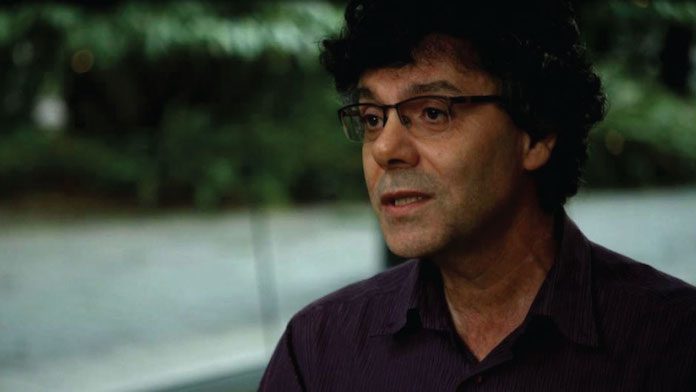Professor Marwan Hassan the Head of the Department of Geography at the University of British Columbia. We asked him everything from why he chose his field of study to what he does for fun in hopes of giving you a better understanding of what goes on outside the lab for one of the best minds in Canadian research.
What inspired you to become a researcher?
I’m driven by curiosity. There are still so many questions we haven’t answered and it’s very rewarding to discover something new. As a kid I would look at the mountains around my home and wonder how they were formed and what they will look like in the future. Our landscape is constantly changing and humans now have the ability to affect the landscape on a massive scale. Understanding the landscape’s natural cycle and the impact of humans requires us to study the problem from every angle. We study processes, from the scale of a grain of sand to continents. My research looks at the world through a grain of sand.
What do you like most about your work?
There are many enjoyable aspects to my work. I enjoy the challenge of the problem at hand, finding solutions to problems with no roadmap, the transfer of knowledge to students, and the constant need for creativity and originality. I get to work in the field collecting data, which informs my experimental work in the lab, which in turn informs the modeling we do.
What do you envision in the future of your field?
In the future we will develop more models to simulate landscape which hopefully will affect the sustainable development of our environment and inform and inspire environmentally friendly policies. The future will be focused more on modeling because of the wealth of tools becoming available thanks to the digital revolution. We can collect much better data of the landscape with tools like LIDAR and drone photos and can produce much better quality data in the lab. I also envision more interdisciplinary work with other fields, tying together the ecological as well as human sciences to create a more integrated understanding of rivers and the landscape in general.
How will your research make a difference in people’s lives?
Rivers are an important part of the history of Canada. The landscape was formed by rivers of ice and water, First Nations life was (and continues to be) shaped by rivers, and Canada’s economy is still very much tied to the healthy functioning of our river systems. British Columbians are especially dependent on our rivers for salmon and hydroelectric power, not to mention the essential ecological services they provide.
What advice would you give to young researchers?
Young researchers need to be open to ideas of all kinds. They should be open to new tools and methods, open to the insights of other disciplines, and especially open to constructive criticism. Most importantly though, they should strive to be good citizens and seek to share their knowledge with the world.
What natural talent would you like to be gifted with?
I wish I was musically gifted. I’m very jealous of the people who can create amazing sound with movements of their hands.
If you could meet any historical figure, who would it be and why?
Throughout my career I’ve been inspired by the pioneering work of Hans Albert Einstein. My research has built on his original sediment transport experiments, so I would love to have a conversation with him.
What do you like to do for fun?
My students and kids tell me I don’t have fun.
Do you have a favourite motto/words to live by?
You can’t set a deadline for a breakthrough. Everything takes patience. Even when you have a lab where you can speed up time, everything takes patience.









































